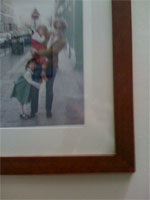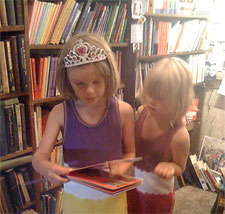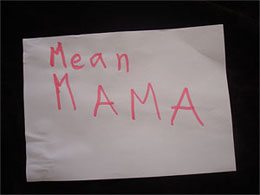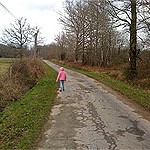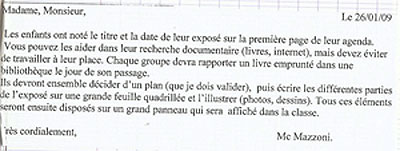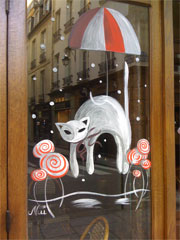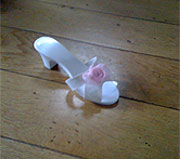Moderate Drinking
The front and center headache that woke me up at 6:30 am this morning is milder now, and reminds me of the fun I had last night. A couple of glasses of white with early evening oysters, something robust and red to accompany dinner.  And after a rather meandering walk home, a final flute of champagne with good friends who live in the building. You can’t say I wasn’t lubricated.
And after a rather meandering walk home, a final flute of champagne with good friends who live in the building. You can’t say I wasn’t lubricated.
I like the taste of alcohol. I like the buzz. I like to belly up to a bar, it’s a place I feel at home socializing. In my youth (mostly) I tried other vices but my preference is the legal one. I drink often in moderation and on occasion in excess. Don’t worry, sometimes I deliberately don’t drink. But the point is: I like to.
That’s why Anna Fricke’s post, Moderation and the Modern Mom, in the New York Times blog Proof got my attention by combining two pet subjects at once: alcohol and motherhood.
I could have written that post. Not nearly as well as she did. What I mean to say is that I could, like many women, substitute a few of my anecdotes with hers and describe the same experience. Not that stepping up on a narrow bar only to fall into a fortuitously placed barman’s arms was a brilliant idea. (But it is a good story.)
Fricke candidly chronicles an important passage in the life of a modern mother. We used to party indiscriminately – now we must discriminate. The reasons for prudence change as the children age: Concern for the health of the fetus is replaced with fear of contaminating breast milk, is replaced with the necessity to avoid the 7 am agony, when the kids come bounding into the bedroom expecting you to be as well-rested and hydrated as they are. Then there’s our own health to consider. Or the stamina that we seem to have lost. For good reasons, nobody parties like we used to.
In the end, it’s not the alcohol that Fricke misses:
It’s the immaturity. The selfishness. The wasted days frittered away recuperating from the wasted nights. It all turned around so quickly. I wasn’t prepared to be this person.
And that was one of the key points of her post. It’s not the booze; it’s the feeling of being able to be spontaneously foolish and careless. Most of us rally to the responsibility that momhood requires, and it’s not like we don’t reap the benefits of having these little loving beings in our lives. But once in a while I need to say it out loud: I never really wanted to grow up.
But oh, a rush of comments. Lots of readers, like me, empathized or identified with her and lauded her exceedingly honest reflection. Not everyone was so supportive. It’s no surprise that some people would be uncomfortable with her candor, she ‘fessed up to some embarrassing things that have to do with serious subjects: alcohol abuse and drunk driving. But I was stunned at the righteousness from people who either weren’t impressed with her ultimate self-actualization or simply didn’t get it. Some AA-ish advice was gently offered with good intention, but many comments were accusatory, acerbic and frankly, mean spirited. That she herself was making a case for not drinking (the other key point of the post) was lost on these people, who used the comment section to feel superior or project their own painful experiences on to her.

Well, like I said, alcoholism is a touchy subject, not one to be handled lightly. And motherhood is an equally hot-button topic. Everyone has an opinion about what pregnant women and nursing mothers – any mother for that matter – should feel and do. Mix the two together and I guess you have a lethal cocktail.

